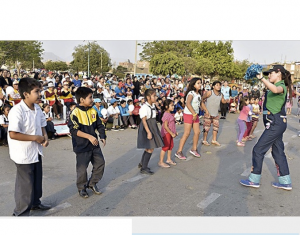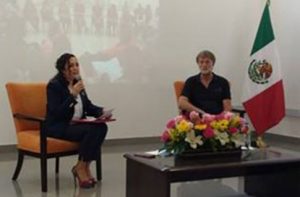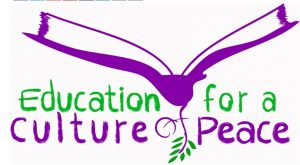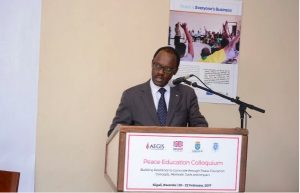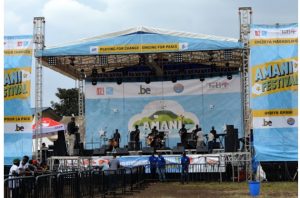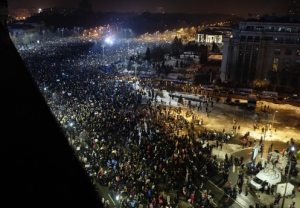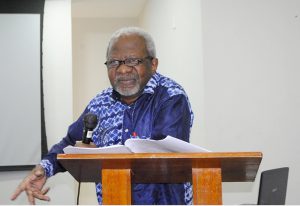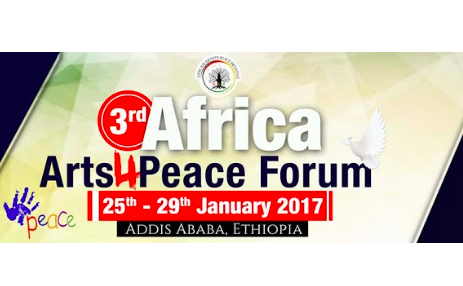EDUCATION FOR PEACE .
Book description from Amazon and biography from Gail Rappolt (for Culture of Peace Hamilton)
Towards Less Adversarial Cultures shows how the cultures into which people are born can exert a lifelong grip on what they believe and how they act. Rather than feeling free to follow their mature consciousness, many are driven to implement the same ideas they were taught as children. What goes unnoticed is that what was deemed an eternal truth in the time of the Pharaohs may appear quite different in today’s world, particularly in matters relating to war, law, money and the media. For the sake of future generations it is vital that humans reflect upon their evolutionary heritage and matters like climate change, and not remain locked in narrow national animosities, battling it out for the last fish, the last tree, and the last piece of land. It is strongly suggested that ordinary people will swing the balance back to a more cooperative, less violent, society.
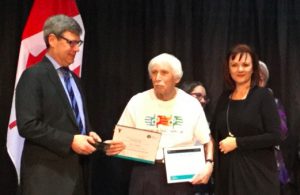
Ray Cunnington receives the YMCA Peace Medal
(Click on photo to enlarge)
Biography
It isn’t often that someone aged 96 writes and publishes a book. But that is just what Ray Cunnington, a resident of Dundas, has done. He is a founding member of Culture of Peace Hamilton, a member of the Hamilton Board of the United Nations Association in Canada, and a member of the Department of Peace Initiative — to name a few of his involvements in peace and social justice over the last decade and a half.
Two years ago at 94 he established the United Nations Culture of Peace Fund with the Hamilton Community Foundation. At 95 he was awarded the Hamilton Burlington YMCA Peace Medal, and this year he has written and published a book that is not only about peace, but infused with a generally optimistic view of human evolution, in spite of the wars and conflict all around us
Where did the drive to write this book come from? Such questions aren’t easily answered, but old age certainly creates perspective if a person is still willing and able to learn. For Ray the book’s genesis came from the discussions he had with members of Culture of Peace Hamilton and the Hamilton Peace Think Tank. This latter group is made up of a few remarkable academics and individuals who have lived their lives in quest of peace. Other strands that influenced Ray’s thinking came from United Nations examples, Quaker practices, and the non-violence of Gandhi and Martin Luther King. In his book he asks why so many seemingly loving people attack each other so viciously. In a world under threat of climate change and nuclear war he wonders why so many call for deliberate harm to be inflicted on other people without concern for the planet. His book, Towards Less Adversarial Cultures, is readily available at Amazon book
Ray Cunnington was born in England and educated at a British boarding school. From 1941 to 1946 he served as a medical orderly in the Royal Air Force, mostly in India. After demobilization he was a keen supporter of the movement to ‘Ban the Bomb’ initiated by Einstein and Bertrand Russell. Later he worked in the British film industry and knew many of the stars of the time such as Elizabeth Taylor and Deborah Kerr.
(Continued in right column)
Question for this article:
What are the most important books about the culture of peace?
(Continued from left column)
Ray came to Canada in 1953 with his wife and their small son and daughter. They chose Canada at least partly because it did not have conscription, unlike Britain and the U.S.. Settling first in Montreal, Ray did many jobs in films, on radio and in advertising before moving to Ontario and being hired as a Communications teacher at Loyalist College Belleville
Many years later, by that time a college administrator, he prepared himself for retirement by taking a college program at night in what for him was the new and intriguing field of human relations. After five years of becoming a student at night and taking night and weekend courses, he graduated with a diploma. Months later he helped to found a local agency designed to end violence against women by working with abusing men. Because of this experience he was invited to teach a course to men at a federal jail.
Family reasons took Ray and his wife to Winnipeg for a few years. They returned to Ontario in 1998 and Ray renewed his association with the peace community by attending Hamilton’s Gandhi Peace Festival. The millennium was coming to a close and there was much hope for world peace.
When the U.N. proclaimed its Manifesto for a Culture of Peace with its six great pathways to more peaceful societies, Ray was among the founding members who helped to establish Culture of Peace Hamilton.
It was a bitter blow when, in the very first year of the new century, the twin towers were attacked on 9/11, the U.S. invaded Afghanistan, and hate crimes were committed in Hamilton. As a response, members of Culture of Peace and United Nation Association, came together with a plan to protect immigrants and the vulnerable from becoming victims of harassment.
It took another year to raise funds, but Ray was among those who, in 2002, obtained a $120,000 grant from the National Crime Prevention Centre to create ‘safe havens’ in public buildings downtown. When that proved to be impractical because it would increase the cost of public insurance, Ray was still determined to ‘Wage Peace’.
He helped to develop ‘Peace Dollars’, a democratic fundraising effort that did not rely on the capricious support of big foundations and fund raisers. Priced at only a dollar, he reminded donors that if everyone in Hamilton bought one it would raise half a million. Over ten years he wrote many op-ed pieces about peace in the Hamilton Spectator.
Ray and Culture of Peace have worked with many groups in their efforts to help Hamilton become a safer and more inclusive city. Collectively they have worked closely with Environment Hamilton, the Gandhi Festival, McMaster Centre for Peace Studies and a whole cluster of other compassionate groups and individuals. They hold regular meetings, provide a Peace Luncheon twice a year and, to make the idea of peace more tangible, have planted a number of Peace Poles and donated a thousand narcissi bulbs to the city’s Peace Garden
To create what he hopes will be a sustaining source of funding at the Hamilton Community Foundation, Ray has established the United Nations Culture of Peace Hamilton Fund. It will receive the profits from Ray’s book. He can be reached at ray.c@cogeco.ca
